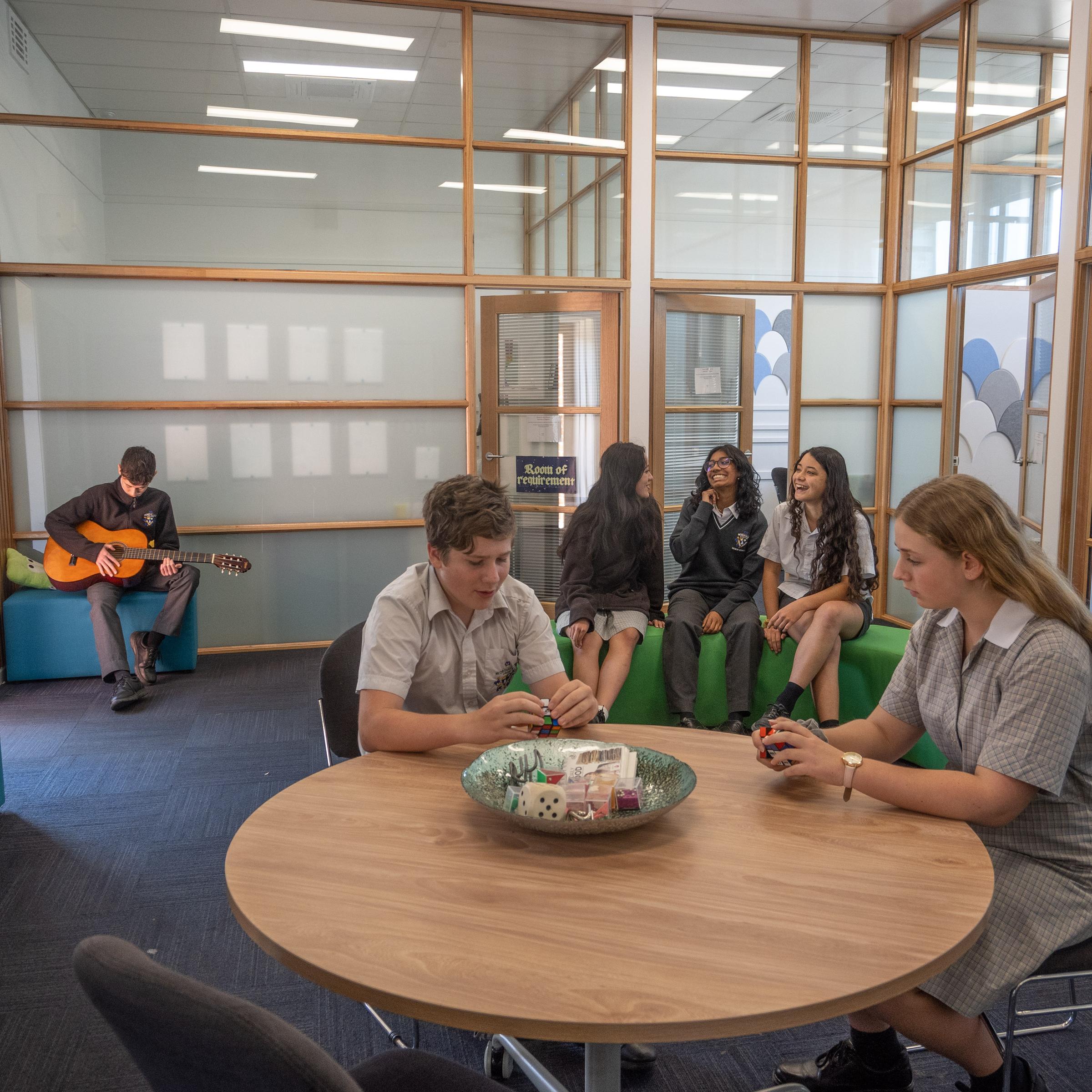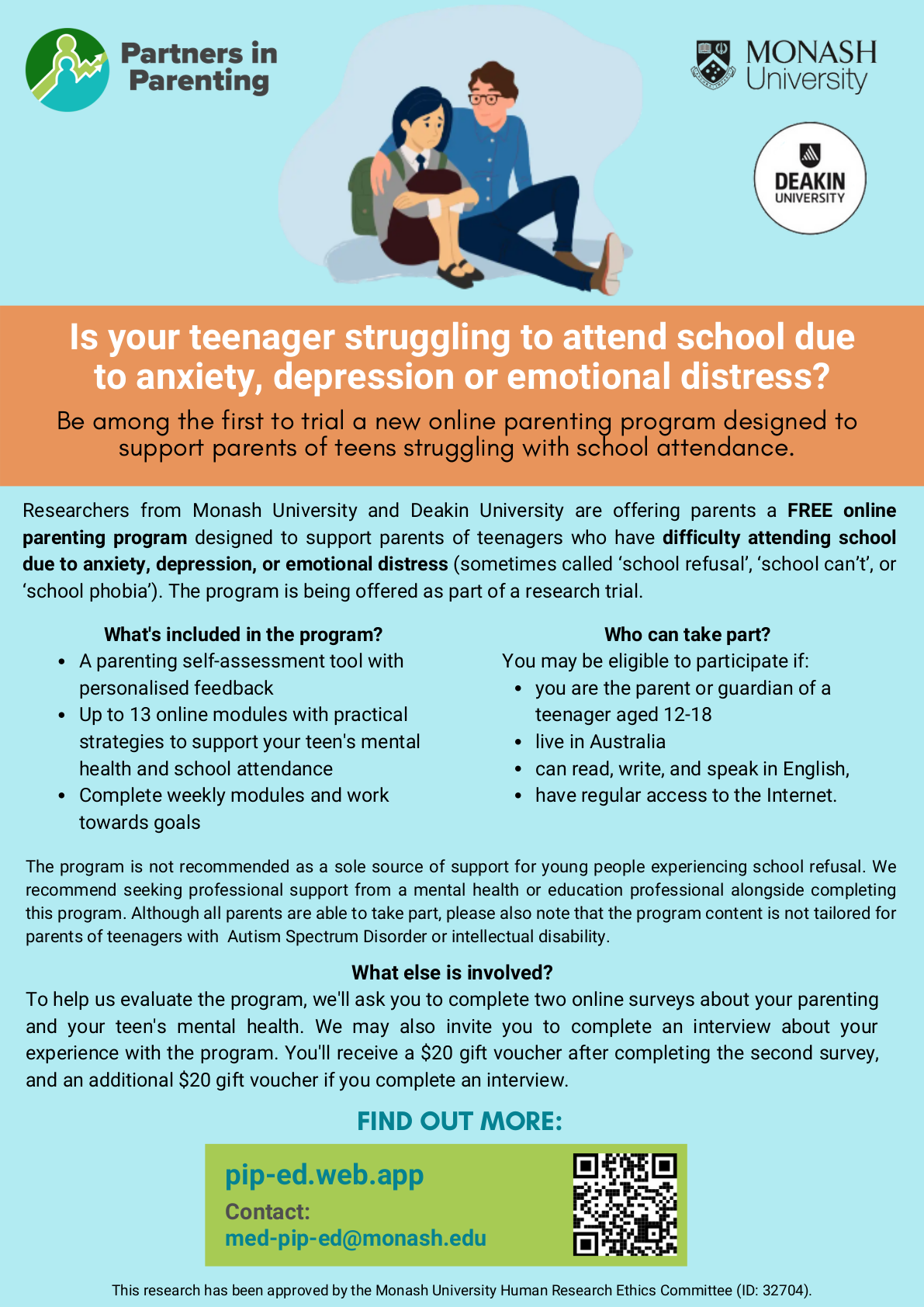Student Wellbeing

Restorative Practices – Supporting Respectful Relationships
Respect Each Other is the key theme at Mordialloc College this week.
Restorative practices -that have respect at their core - are embedded in the way we do things at Mordialloc College.
- The philosophy of restorative practices acknowledges that when a person does harm to another they also harm themselves and the whole community.
- In a school setting this views inappropriate behaviour as harm done to relationships within the school community rather than simply rule breaking.
- Therefore the harm done to people and relationships needs to be explored and the harm needs to be repaired.
Restorative Practices moves us from behaviour management to relationship management.
Rather than a focus on who is to blame, what rules have been broken and what is the punishment - we explore a new framework where we hear what has happened, explore the harm done and work towards making things right – fixing things. The aim of these processes is to build respect toward each other and lessen the harm done to others.
The Restorative Conversation is a good tool that staff to use when students are involved in an incident – when harm has been done. These conversations can be very informal between the teacher and students or they may be a more formal mediated conversation. Our aim as staff is to ‘keep the small stuff small’ so it does not escalate and need more formal management.
Informal or formal, the essence of the Restorative Conversation remains the same:
TELL THE STORY – what happened?
EXPLORE THE HARM – who do you think has been affected? In what ways?
REPAIR THE HARM – What needs to be done to put things right?
MOVE FORWARD – How can we make sure this does not happen again?
If you would like to have further conversation regarding restorative practices at Mordialloc College please email me at wellbeing@mc.vic.edu.au or contact the school on 9580 1184.
Di Douglas
Director Student Wellbeing
Self-guided online parenting program
About the parenting program:
The program is called Partners in Parenting – Education (‘PiP-Ed’). PiP-Ed is a new, updated version of the award winning, evidence-based parenting program ‘Partners in Parenting’. PiP-Ed provides parents with personalised and practical parenting strategies to respond to their teenager’s anxiety, depression, and school attendance difficulties, with the aim of improving their parenting confidence and supporting their teen’s mental health and education.
You can find out more information about the program on our website and/or the flyer attached.
Who is the program for?
The program is designed for parents/guardians of teenagers aged 12 to 18 who:
- Have difficulty attending school due to anxiety, depression, or emotional distress
- Live in Australia
- Are proficient in English
- Have regular internet access.
The program is not recommended as a sole source of support for young people experiencing 'school refusal'. We recommend parents seek professional support from a mental health and/or education professional alongside completing this program. Although any parent can take part, please also note that the program content is not tailored for parents of teenagers living with Autism Spectrum Disorder or an intellectual disability.
Free to join:The PiP-Ed program is completely free. If parents complete the optional evaluation survey at the end of the program, they’ll be reimbursed with a $20 e-voucher. Some parents may also be invited to complete an optional interview, for which they will receive an additional a $20 e-voucher.

